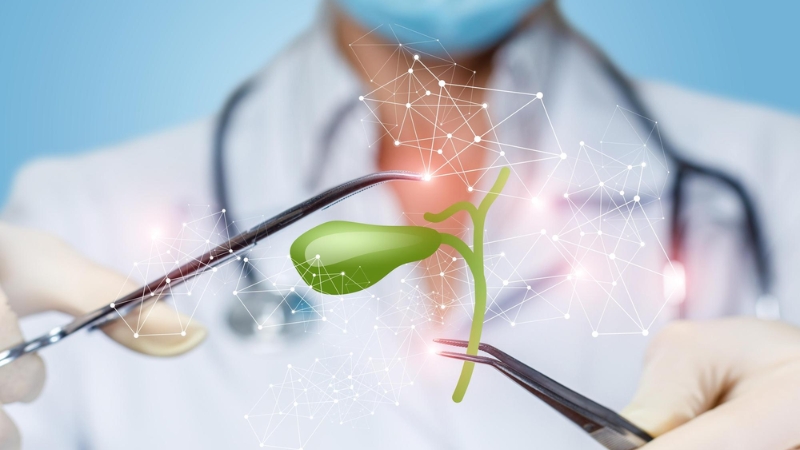Gallbladder Surgery"Precision Procedures for Digestive Health and Relief."

Here at our hospital, we specialize in gallbladder surgery and offer precise procedures to patients with gallbladder-related diseases. Because we understand how gallbladder problems affect general health, our surgical procedures are efficient, low-risk, and targeted at improving digestive health. This section will go over the importance of gallbladder surgery, the issues it treats, possible concerns, and the unique qualities that set us apart as a top general surgery provider of top-notch care.
What Is Gallbladder Surgery?
The surgical technique known as cholecystectomy, or gallbladder surgery, is used to remove the gallbladder, a tiny organ situated under the liver. The procedure could include removing the gallbladder entirely or just the problematic gallstones.
Why Is Gallbladder Surgery Necessary?
- Gallstones: Gallstones are the main cause of gallbladder surgery since they can lead to discomfort, inflammation, and other problems. In cases when gallstones cause significant or persistent problems, surgery is frequently advised.
- Cholecystitis: Gallstones can cause cholecystitis, an inflammation of the gallbladder. In order to reduce inflammation and stop repeated episodes, surgery is required.
- Gallbladder Polyps or Tumors: Surgery could be suggested to remove polyps or tumors found in the gallbladder and lower the risk of cancer.
Possible Risks:
Despite the fact that gallbladder surgery is usually regarded as safe, there is always a chance of anesthesia-related complications, bleeding, infection, and damage to other organs. Careful pre-operative evaluations and post-operative monitoring reduce the dangers.
Treatment Steps in Gallbladder Surgery:
- Diagnosis: Diagnostic procedures, such as imaging studies and blood tests, are carried out to determine whether surgery is necessary and to evaluate the gallbladder's health.
- Pre-operative Assessment: To determine whether a patient is a good candidate for surgery, their entire health, medical history, and any possible risk factors are evaluated.
- Anesthesia: Anesthesia is administered during a surgical procedure to cause unconsciousness and painlessness.
- Surgical Removal: The gallbladder is removed by the surgeon either by an open incision or, more frequently, by a less invasive procedure like a laparoscopy.
- Closure: After applying dressings, the incision site is closed with stitches or staples.
- Post-operative Care: In the recovery area, patients are attentively observed, and post-operative treatment entails the delivery of antibiotics, pain medication, and wound care instructions.
Our services for gallbladder surgery are intended to give people with gallbladder-related problems long-lasting, efficient relief. A full pre-operative assessment, expert surgical intervention, and extensive post-operative care are guaranteed by our skilled surgical team in collaboration with committed healthcare experts. Our medical professionals are here to help you through any queries you may have regarding the procedure or your gallbladder.
Top Asked Questions and Answers:
FAQ (Frequently Asked Questions):
+91-9144411108
Emergency Cases

